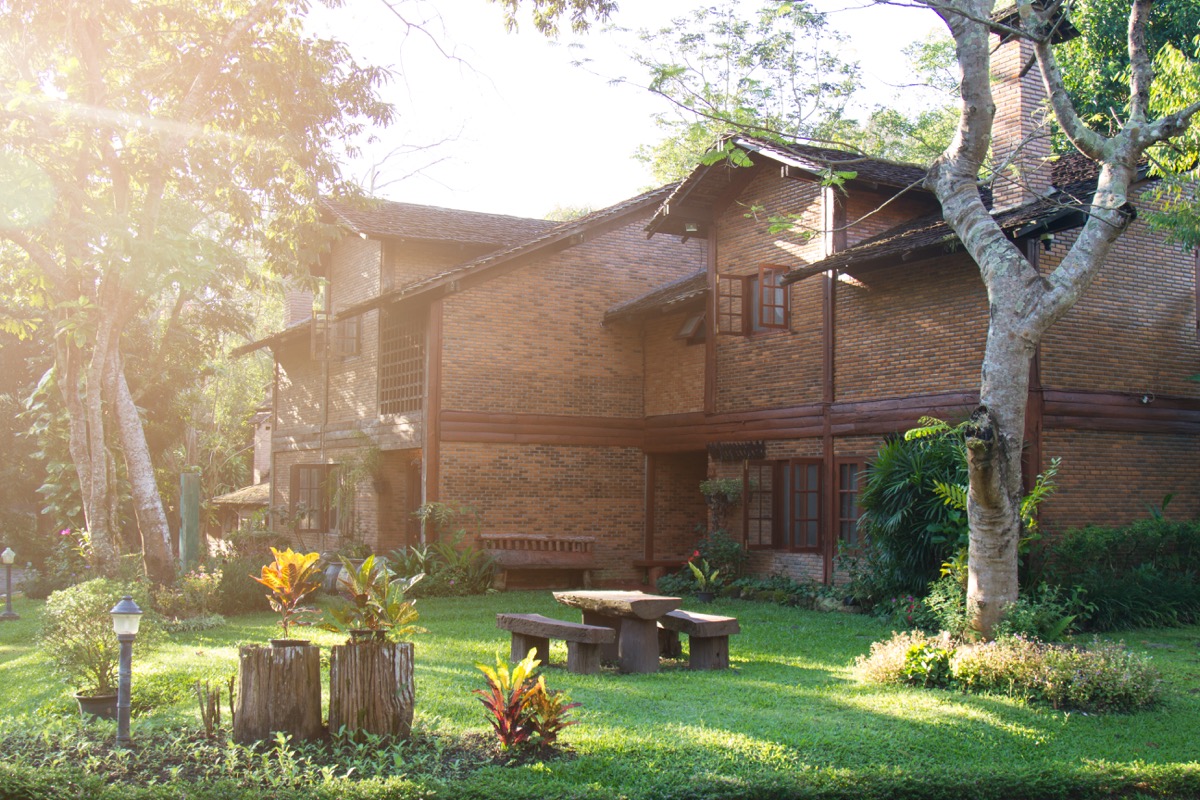This is one of the occasions where we find it difficult explaining a concept to our customers. When we say that “in order to match the description of your property to that described in your Title Deed, you have to make a declaration of new work”; “What’s new in my house, which has not been built for years and we have no problems?” … they usually ask, to which we have to reply it is an “old new work”.
What is a “new work”?
Obviously, everyone will understand what a “new work” is, is one that is being built or has just been finished; nevertheless, in the language of the law “new work” is all work without a trail, it does not exist according to the legal papers or it isn’t inscribed in the land registry (yet).
In other words, there are two types of declaration of “new work”:
- “New work” in reality, which are those that are being built or have just been built (intent to inscribe)
- “New work” for the world of the Property Registry, which is any existing work in reality and which should have been inscribed in the Property Registry, regardless of when it has been built. As an example, when the owner bought a house 20 years ago and afterwards he built a swimming-pool, a barbecue, a terrace, a new floor or a garage for example but, he did not reflect these changes in the deed, and therefore, they do not appear in the Property Registry (not inscribed)
The declaration of “new work” is a manifestation made in a public deed in which the owner or owners of a property state that, in that property, a building has been made or is being built, or it reflects an improvement of the property, with the purpose that said work is registered in the Property Registry.
Why register work in the Property Pegistry?
Well, there are some arguments beyond the fact that the Bank imposes it on you to sign a mortgage loan, because it is more than obvious whether the work is declared or not in the Property Registry, the work exists, and obviously belongs to the owner.
If you ever decide to sell the property the new owner will certainly wish to have all the existing work existing also declared in the deed.
However, if you do not declare the work and register it in the Land Registry, remember that: the one who buys does not have to assume those expenses; and that numerous appraisers condition the valuations to the new work being declared, being that the bank without appraisal does not grant mortgage loans.
To understand me, it is similar to trying to sell a car without papers, obviously, you can sell it, but the price will be lower: first because sorting through the documentation of the car is costly and a nuisance; but also, because there may be someone who doubts that the new work complies with the law.
It is strongly advisable to declare all the existing works in your property, included all in your deed and also, it is advisable not to wait until you sell the house to declare all the existing works because the planning regulations changes and it may happen that at the moment you decide to legalize all the works, in the sense of including them and updating your deed, this is no longer possible and then, you may face difficulties with selling your house.
The lawyer and the notary are the competent professionals in Spain to advise you in this process.






Recent Comments